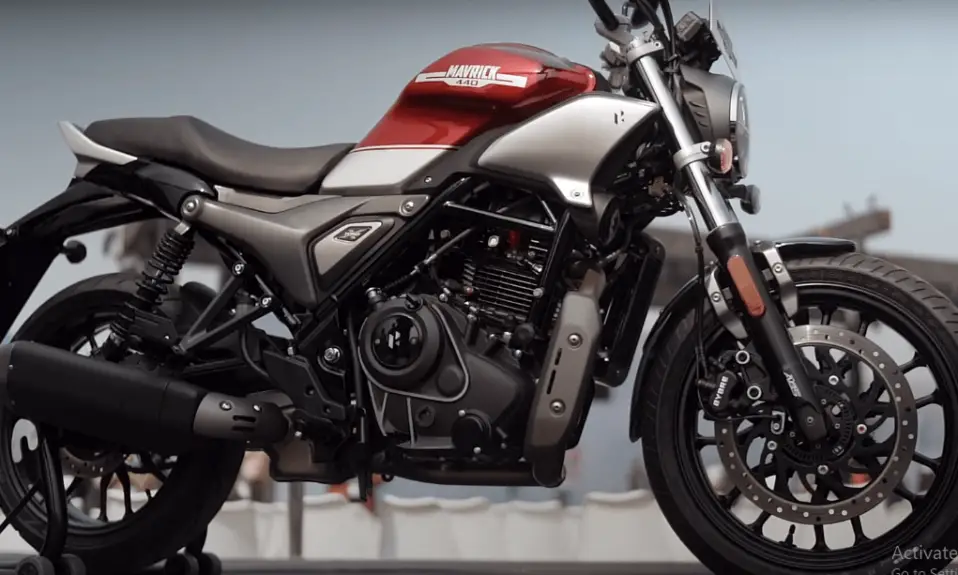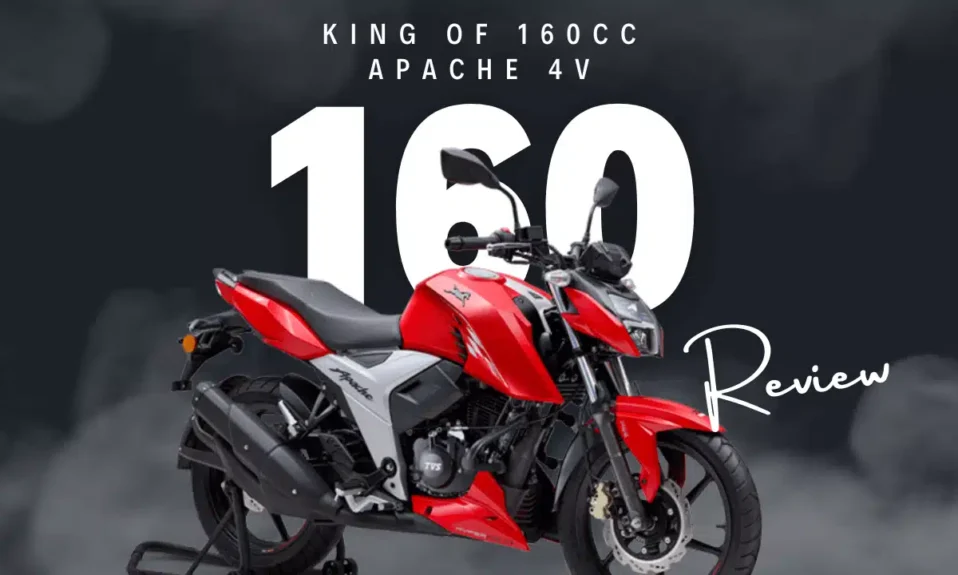The automotive industry is undergoing major changes, with electric vehicles (EVs) emerging as one of the best solutions to combat climate change and also in reducing dependence on fossil fuels. India is one of the world’s largest automobile markets and to have a more sustainable future it is required to move towards a greener and renewable energy source. In this article, we will find out whether EVs are the future of vehicles in India.
Table of Contents
1. Growing concerns regarding pollution and climate change:
In densely populated areas, India is facing serious air pollution problems. The transport sector here in India is heavily dependent on fossil fuel-powered vehicles. These vehicles contribute to major air pollution in India. Electric Vehicles have zero emissions and are a practical solution to air pollution. To combat climate change globally we need a more sustainable mode of transportation and Ev is among the most attractive options we can look at as a replacement.
2. Government Policies and Initiatives :
The Government of India has understood the potential of electric vehicles and has introduced several initiatives and policies to encourage the adoption of electric vehicles. Currently, Electric Vehicles are available at highly subsidised prices. Also, the cost of running electric vehicles is much less when compared to fossil-powered engines. So for daily commuters, it is one of the best options to switch to and save money heavily on their daily commute. The National Electric Mobility Mission Plan of 2020 sets the target of 30% EV penetration in the Indian Market by the year 2030.
The government is promoting the research and development of electric vehicles and is also encouraging institutions to set up charging stations and boost the charging infrastructure.
3. Reduction in Battery Cost and Technological Advancement:
The lithium-ion battery used in electric vehicles is very costly. For instance, the battery used in the Ola s1 pro costs around 98000 Indian Rupees which is more than half of the vehicle’s price. A battery has a life and needs to be replaced after it. So it should be kept in mind that after 5-7 years, there is a huge cost coming ahead.
Over time the prices of EV batteries have fallen to a great extent. Also, the government and EV manufacturers are working to make more affordable batteries that have a better life and more charging capacity. This will boost the EV revolution.
4. Expand Charging Infrastructure:
Charging Infrastructure is a big problem faced by the EV industry in India. Although the charging infrastructure is growing still it is not up to the mark. It will take a few years to build a good public charging network that offers fast charging to the public.
Private companies and the government are spending huge on expanding the infrastructure. Many manufacturers have developed a swappable battery concept that makes it more convenient for their users.
Unless the Charging Infrastructure is not fully developed it is very difficult for people to take their vehicles on long routes especially above 400 kilometres as most cars do not have that much range and if you are unable to find a charging station in between it will be very difficult for you to reach the destination.
5. Transformation of the Indian Auto Industry:
The auto industry in India is shifting towards electric vehicles. Renowned Indian Car Manufacturers like Tata and Mahindra have taken good initiatives and are leading the EV Car Revolution in India while Indian Two Wheeler manufacturers like Hero, Bajaj and TVS have also come forward with their electric vehicles and are helping the transformation for greener future.
Many domestic startups have also come forward creating advanced and high on tech vehicles that are specially designed to per the needs of Indian Consumers. Ola Scooters are a good example of this. The move shows a strong belief in the potential of electric vehicles and their role in shaping the future of the Indian automobile industry.
Wrapping Up
Indian Automobile Market is transforming. The Government is encouraging the use of cleaner and greener fuels. The Minister of Road Transport and Highway of India in his latest conferences have stated that they work on several engines that may replace the petrol and diesel engines. Hydrogen Powered Engines and Ethanol Powered Engines are some of the best examples. These engines are more efficient and Powerful than Electric Engines and the Best part is that they are renewable and can be generated in the desired quantity within India. This reduces foreign dependencies.
It can be seen that in the future, the automobile market will have vehicles using various kinds of fuels. It won’t be like today where the vehicles use either petrol or diesel. So definitely, the EV market is expected to grow. However, it has several challenges like limited charging infrastructure, high upfront costs and a fixed consumer mindset.
Overall, People in India have started adopting electric vehicles. The EV market has great potential to revolutionise the environmental problems and it can become the future of the Indian Market.






